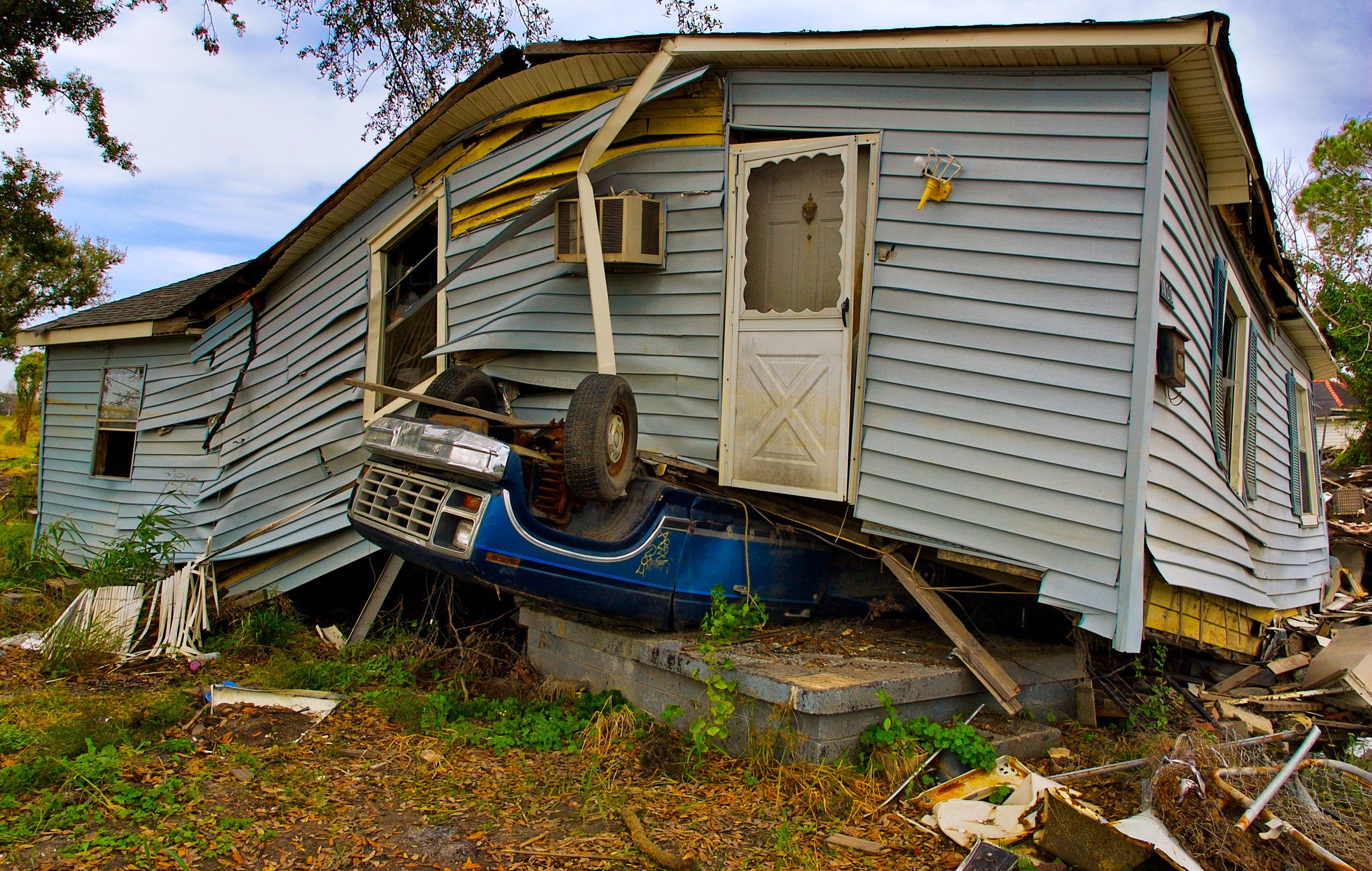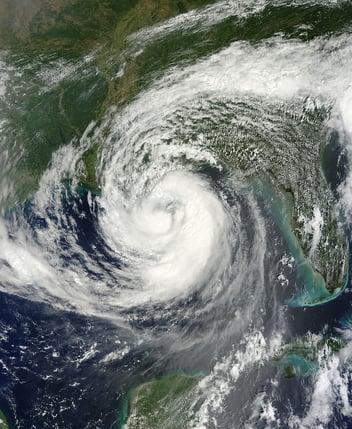When you have an insurance policy to cover damage to your home, it could also cover the cost of staying somewhere else during repairs. Loss of use coverage can help pay for your additional housing and living expenses when you need to leave for the contractors to perform repairs.
What Is Loss of Use Coverage in Homeowners Insurance?
Loss of use coverage, also known as additional living expenses (ALE) insurance, or Coverage D, can help pay for the supplementary costs associated with reasonable living expenses. If a covered event causes your house to be temporarily uninhabitable or if it’s being repaired or rebuilt, loss of use coverage is a big help.
What Is Additional Living Expenses (ALE) Insurance?
ALE insurance reimburses homeowners for extra living expenses because they had to seek temporary relocation after a covered loss. For example, if a fire severely damages your house, your loss of use coverage will cover the cost of living in a hotel up to your coverage limit.
Many insurance companies include loss of use coverage set at a percentage limit of your dwelling’s coverage. For instance, if your limit is 30% and your home coverage limit is $200,000, the insurance company would cover up to $60,000. Policy limits vary by company and policy, so contact your representative to determine your specific loss of use coverage limit. You can increase it if you feel you’ll need more, but there might be a fee to do so.
Loss of use coverage only applies to damage that your home insurance covers. For example, you need flood insurance to protect your home against flood damage costs. If you don’t have that, loss of use will not apply if the damage was due to a flood.
What Does Loss of Use Protection Cover?
Loss of use insurance typically covers additional living expenses when something happens to your house that you have insurance on. In simpler terms, this means it covers the costs you would usually have to pay if you didn’t have this unique insurance. For instance, let’s say you spend $100 on gas per month. Now, because you have to travel farther, you’re spending $150 while you live in a hotel during your home repairs. In this scenario, insurance would reimburse you the $50. Loss of use coverage typically applies to:
Costs of temporary housing, like a hotel or motel- Taking public transportation
- Boarding a pet
- Additional food expenses
If you’re renting your house or part of it, and it becomes unlivable, your insurance would pay the fair rental value for your lack of rental income. Remember that your insurance won’t pay for expenses not incurred during this period, like utilities.
What Is Not Covered by Loss of Use Protection?
Loss of use protection does not cover expenses you already had. You will still be responsible for paying your mortgage, insurance, child care expenses, etc.
For example, if your family would typically spend roughly $200 a week for food, but now you are staying in a hotel and don’t have a place to cook, you will likely have to go out for nearly all of your meals. Eating out can be much more expensive and costs you about $300 a week. Under the loss of use coverage, your insurance would reimburse you for the extra $100 you’re spending on food.
Loss of use coverage does not apply to several types of damage or loss. For instance, damages caused by maintenance issues typically are not covered. In this case, you’d be spending time in a hotel because of a bug problem, and insurance would not reimburse you for the hotel stay or the extermination.
Additionally, insurance will not cover the following:
- Flooding: Homeowners’ insurance doesn’t cover flood damage. If your home becomes uninhabitable because of a flood, it will not pay you for the damages or loss of use. If you want to protect your home from a flood, you’ll need to take out a special flood insurance policy.
- Earthquakes: Homeowners’ insurance also won’t cover earthquake damage. Again, you’ll need special cover to reimburse you for the cost of staying somewhere else after an earthquake.
- Continuing expenses: Loss of use coverage doesn’t cover expenses you were already responsible for, such as mortgage payments, property taxes, electric bills, and other static costs.
Do I Have to Pay a Deductible on Loss of Use Insurance?
You may be responsible for a deductible for other parts of your claim. Talk to your insurance representative about exploring other coverage options you may want to add to your homeowners’ policy. You want your coverage to suit your situation. You may not need it if you don’t live in a flood-prone area. However, if you live in hurricane country, you’ll want to have flood insurance and the related loss of use coverage.
How Much Loss of Use Coverage Do I Need?
Insurance needs are different for each person. Loss of use coverage is usually based on your house coverage and calculated at roughly 20% to 30% of that coverage limit. You’ll want to think about your typical budget and the increased costs you might face if you couldn’t live in your home for a while. The prices could be much higher than you’d expect for some areas.
Consult your insurance agent to understand the amount of loss of use coverage they offer and what would be right for your unique situation.
How to File a Loss of Use Claim
File right away. The quicker you submit your claim, the quicker it can be settled. You can start the recovery process sooner if you file sooner. Suppose your claim is due to a widespread disaster such as a hurricane or wildfire. In that situation, your insurance company could experience an exceptionally high amount of claim submissions. In these cases, you’ll want to start the process as soon as possible to get in line right away.
Nowadays, many insurance companies have apps where you can quickly file or do so online in a few minutes. You may need to call in other cases, so be prepared to wait on hold for a while.
Although these claims typically don’t require a deductible, you might pay one if you make claims against your dwelling or personal property coverage.
Keep your receipts. Some insurance providers can offer a partial advance on your additional living expenses following a disaster, and others will reimburse you after the fact. For either situation, you’ll need to document your expenses in order for them to pay that cost to you.
Include receipts for everything, even smaller expenses like gas and public transit. When traveling increases and it costs you more to get to work, you can be reimbursed for that additional expense.
Tally your normal living expenses. Because loss of use insurance covers additional living expenses, the insurance provider may want a tally of your typical costs for comparison. Be prepared to predict what you usually spend on food, utilities, transportation, and housing, which would be your rent or mortgage.
Hopefully, this information helps you understand Loss of Use Coverage and how it can help you in the event of damage to your house. When you’ve been hit with property damage and need help claiming your loss, including loss of use, contact United Claims Specialists!




 Storm Damage
Storm Damage  Property Damage
Property Damage Appraisal Services
Appraisal Services Contact Us
Contact Us




.jpg)
 claims@ucspa.com
claims@ucspa.com Mon-Fri: 9:00am-5:00pm
Mon-Fri: 9:00am-5:00pm